Normal Tracing Numbers Worksheets Activities With Answers for 8-Year-Olds
7 filtered results
-
From - To
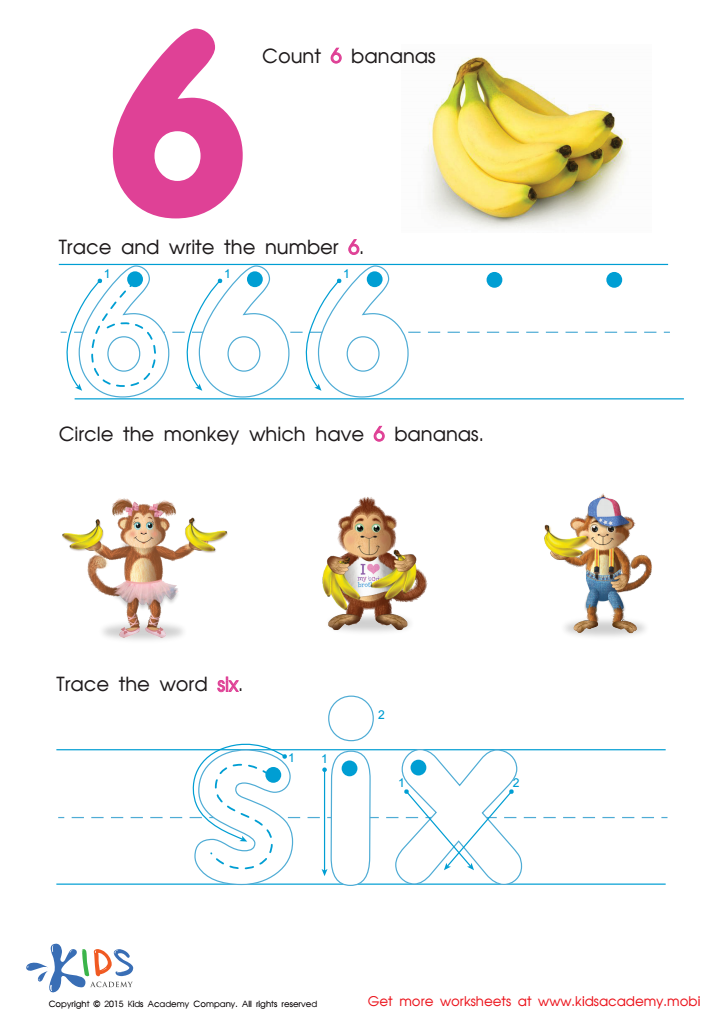

Tracing And Writing Number 6 Worksheet
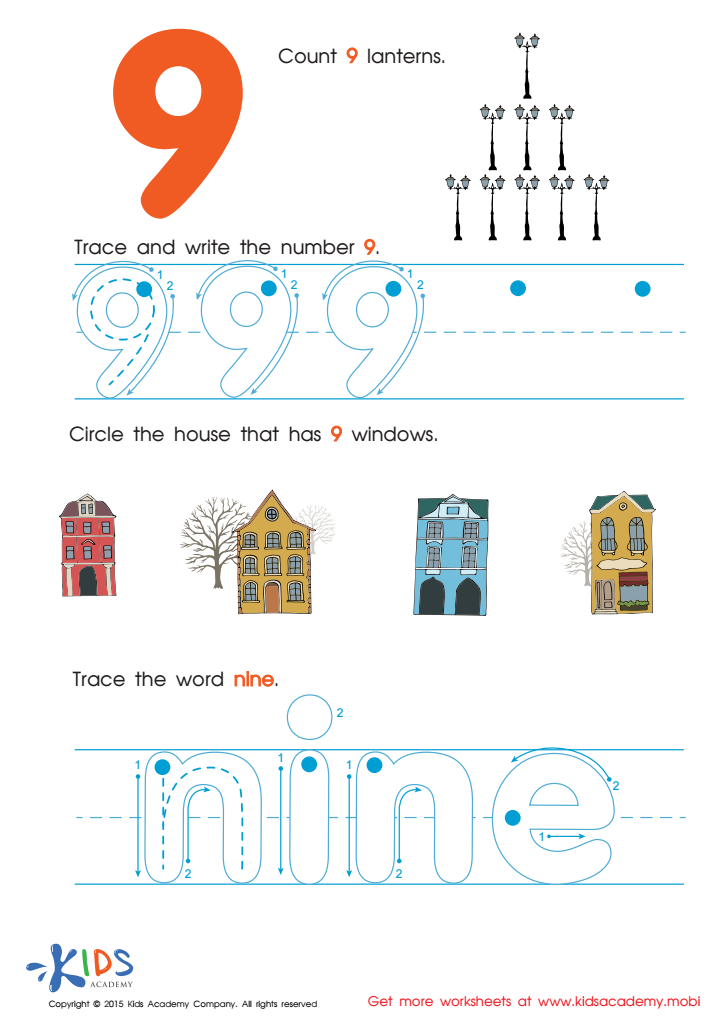

Tracing And Learning to Write Number 9 Worksheet
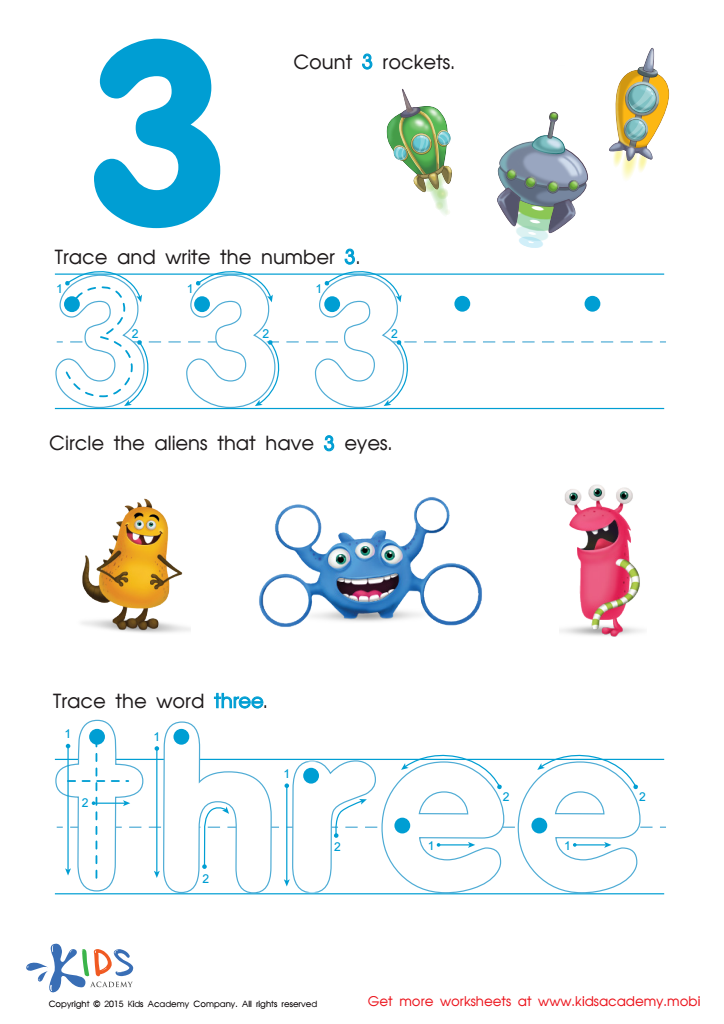

Learning Number Three Worksheet
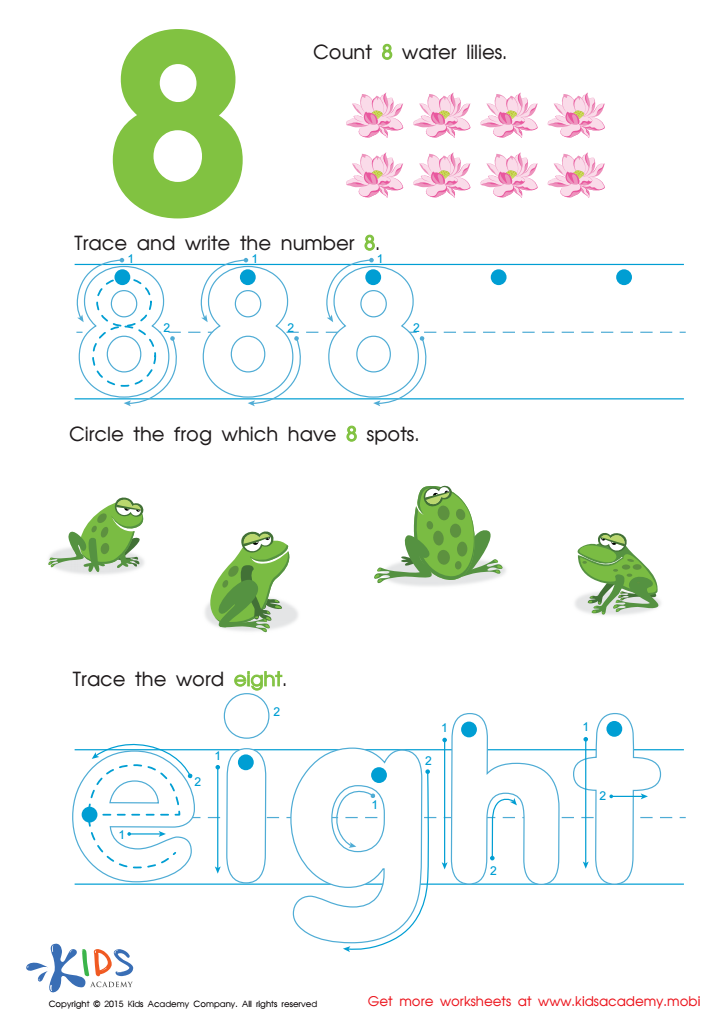

Learn Number 8 Easily Worksheet
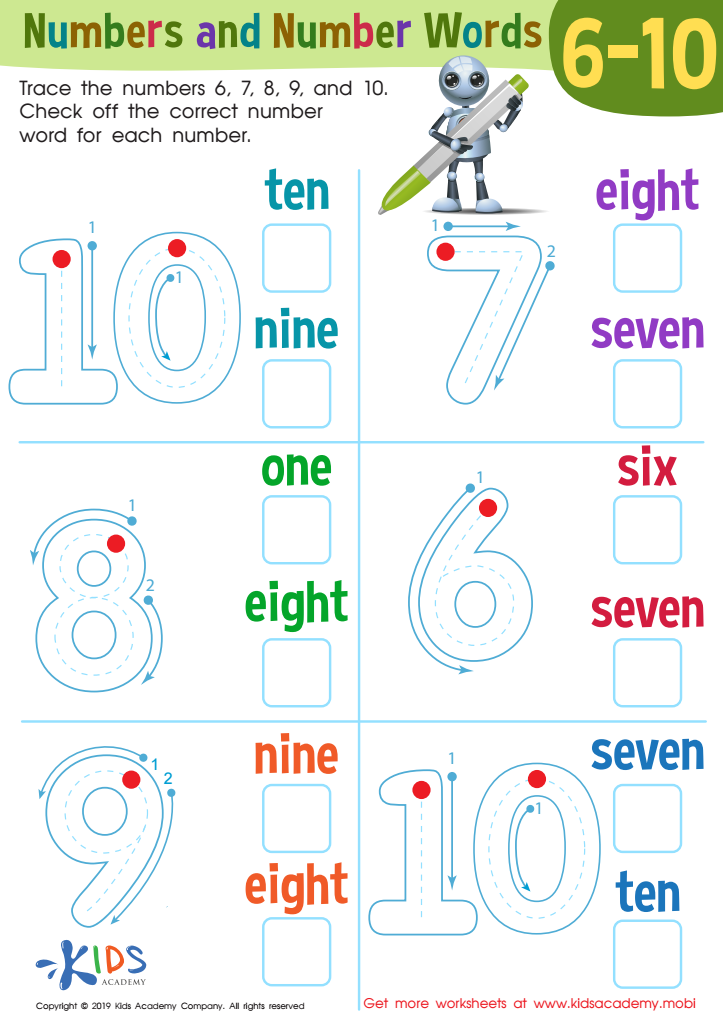

Numbers and Number Words 6–1 Worksheet
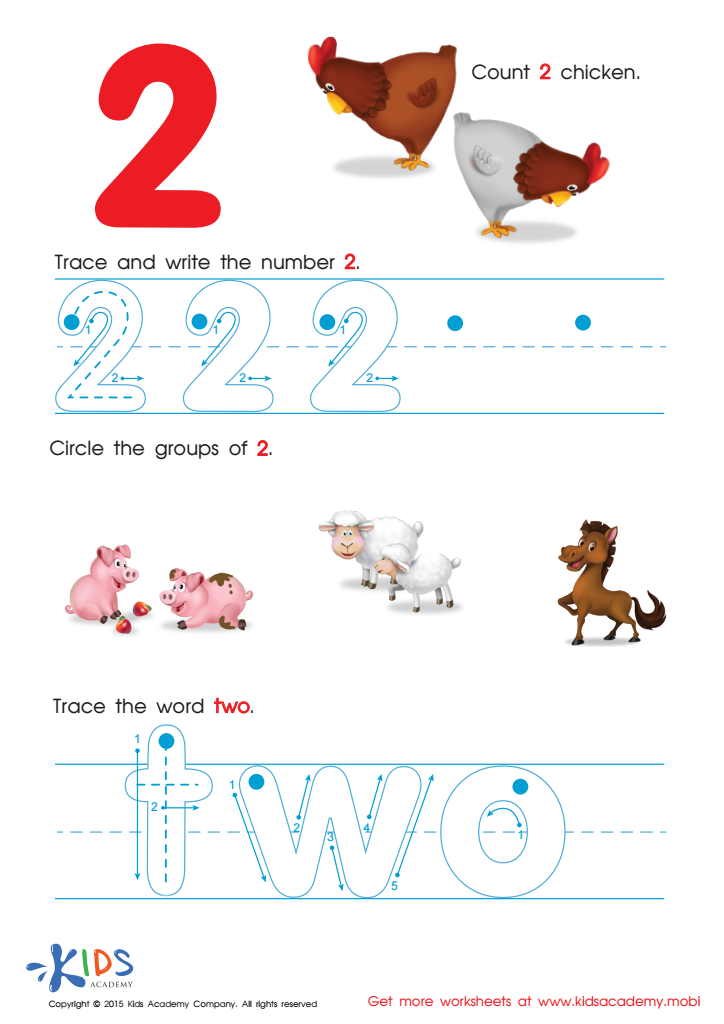

Learn to Write the Number 2 Worksheet
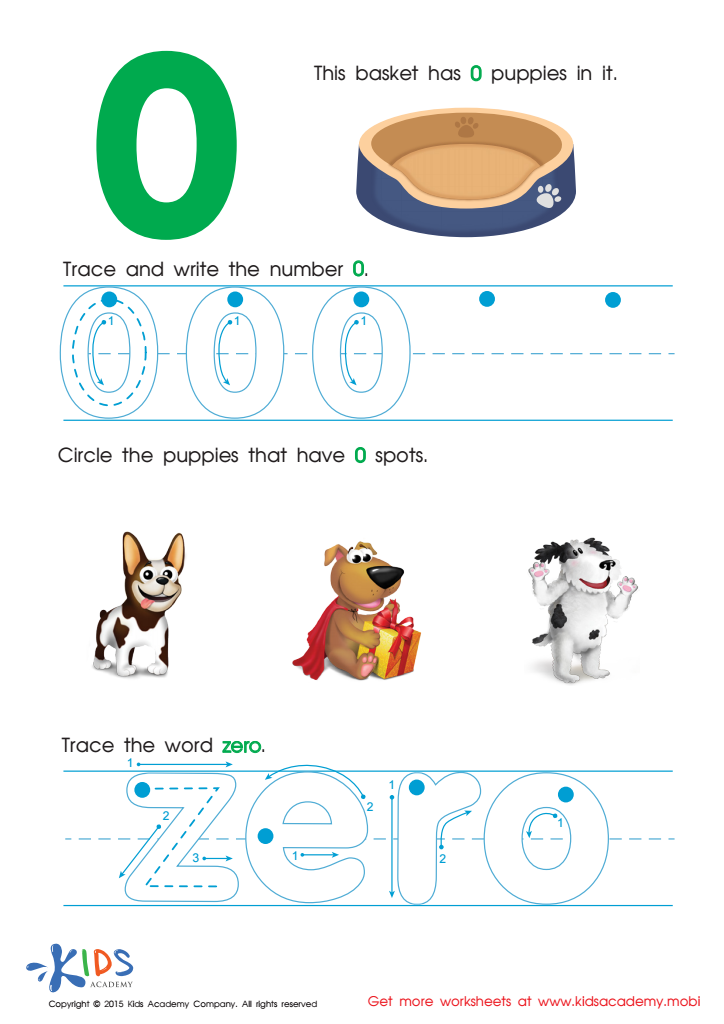

Trace And Write Number 0 Worksheet
Normal Tracing Numbers Worksheets Activities with Answers provide an invaluable resource for children in the early stages of their education. These activities play a critical role in the development of fine motor skills, number recognition, and early mathematical concepts. By engaging in tracing numbers, children not only learn the shape and order of numbers but also gain the confidence needed to tackle more complex mathematical tasks in the future.
Tracing numbers offers a hands-on approach to learning that enhances a child’s ability to retain information. When children trace numbers, they are actively involved in the learning process, making the experience more memorable than simply observing or listening. The repetitive nature of tracing reinforces number formation, helping children to remember the correct way to write numbers.
Furthermore, Normal Tracing Numbers Worksheets Activities with Answers provide immediate feedback to learners. This is crucial in the learning process as it allows children to correct their mistakes and understand the correct form of numbers. Having answers available helps to foster a sense of accomplishment and encourages children to practice more, knowing they can check their work for accuracy.
In addition to academic benefits, these worksheets also support the development of fine motor skills. The act of holding a pencil and tracing numbers strengthens hand-eye coordination, dexterity, and control. These skills are not only essential for writing but also for other areas of learning, such as art and physical education.
Moreover, Normal Tracing Numbers Worksheets Activities with Answers can be adapted to suit a variety of learning styles. Whether a child learns best through repetition, visual aids, or hands-on activities, tracing numbers can be customized to meet their needs, making it an inclusive educational tool.
In conclusion, Normal Tracing Numbers Worksheets Activities with Answers are a foundational component of early childhood education. They offer a multifaceted approach to learning that supports academic development, fine motor skills, and confidence in young learners. By incorporating these activities into their learning routine, children can build a strong foundation for future mathematical success.

 Assign to My Students
Assign to My Students


.jpg)

.jpg)

.jpg)









